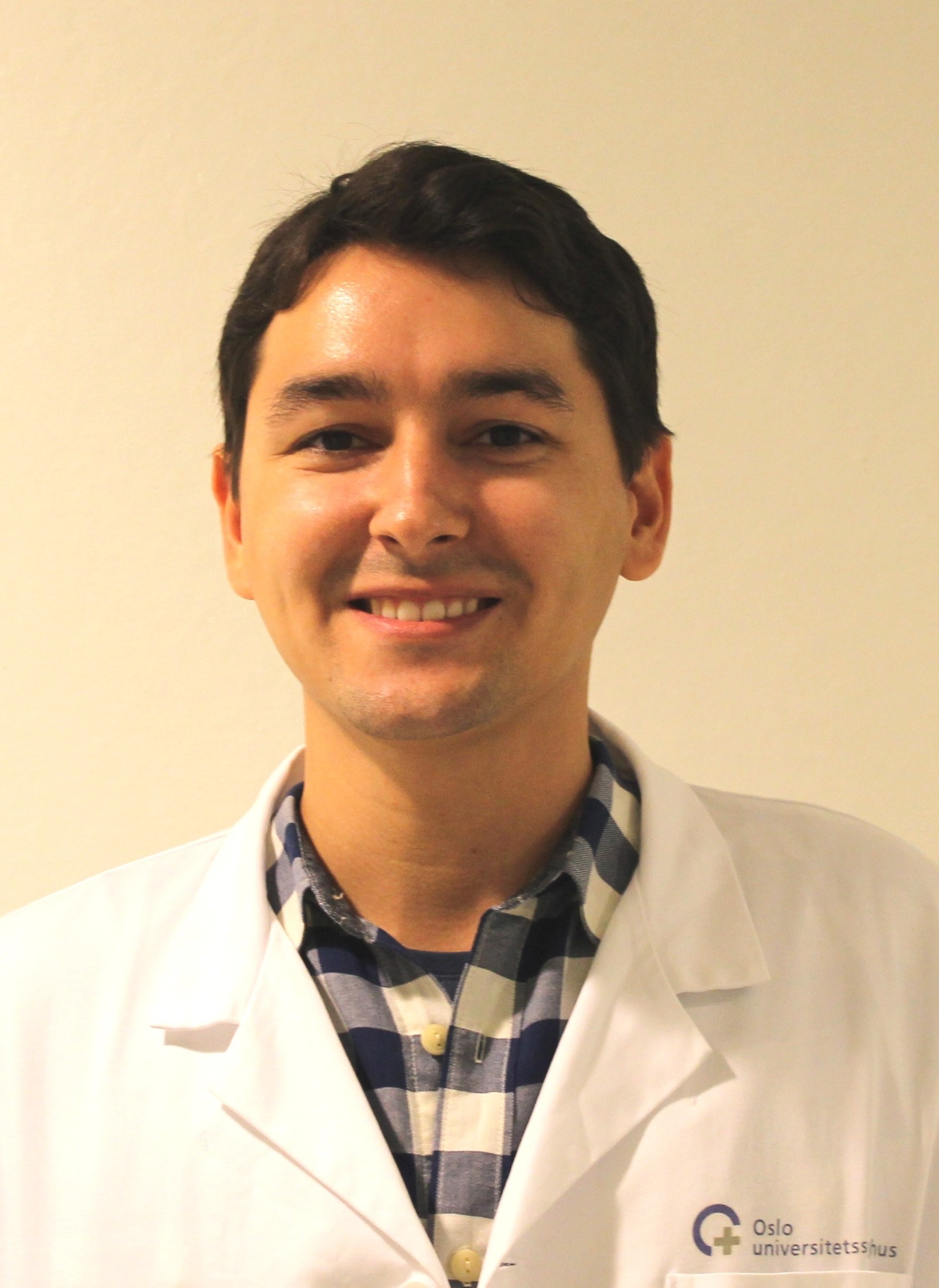



Gunnar Kvalheim, Hakan Köksal and Pierre Dillard will be at the next AACR meeting (29th of March to 3rd of April, Atalanta) to talk about new developments in CAR.
Hakan will present a novel combination method for IGKCAR that prevents B-cell aplasia.
Pierre will present the pre-clinical validation of CD37CAR, an alternative to CD19CAR.
Make sure to have a look!
Combinatorial IGK-CD19 CAR primarily targets IgK+ malignant B-cells and is less prone to serum IgG inhibition by Hakan
The first chimeric antigen receptor (CAR) T-cell therapies have been approved for treatment of B-cell malignancies. This is mainly due to the success of CAR T-cells targeting B-lymphocyte antigen CD19, which has led to astonishing results in clinical trials. Since CD19 is a general B-cell antigen, CAR-T-cells eliminate all B-lineage cells, including nonmalignant B cells. Therefore, the patients suffer from the impaired humoral immune response, increasing susceptibility to severe infections. Since B-cell lymphoma and chronic lymphocytic leukemia cells have a clonally restricted expression of Immunoglobulin (Ig) light chains, either Ig-kappa or Ig-lambda, Ig-kappa positive tumor cells can be targeted while sparing normal Ig-lambda positive B-cells. In this respect, we isolated the sequence encoding the antigen-binding parts of an anti-Ig kappa antibody and designed a second-generation CAR construct (IGK CAR). Expression of IGK CAR in expanded peripheral blood T-cells and subsequent testing of the CAR T-cells in various in vitro assay with targeT-cells demonstrated cytokine production and potent killing of Ig-kappa expressing B-cell lines such as BL-41, whereas no response was observed against Ig lambda positive B-cell lines such as Granta-519. We compared IGK CAR with a clinical CD19 CAR (fmc63) and observed similar potency in targeT-cell killing. Previous reports have shown that the presence of free immunoglobulins present in human serum could inhibit IGK CAR T-cells, and our tests confirmed this. To improve IGK CAR T-cells in the presence of IgGs while maintaining the specificity, we utilized a combinatorial CAR system, where the signaling domains were split. Our design demonstrated efficient killing of Ig-kappa positive cells and was less sensitive to free IgG as compared to IGK CAR T-cells. Additionally, we observed a trade-off between specificity and cytotoxic potential. Increasing one individual component of the combinatorial system made the cells less prone to serum IgG inhibition but demonstrated somewhat higher cytotoxic activity against Ig-kappa negative targets. Our fully adjustable design, therefore, brings another perspective to the field by regulating the individual expression levels according to the treatment needs, hence enabling T-cells to be either more aggressive or specific depending on the treatment efficiency and on the on-target toxicity in patients. Taken together, our in vitro data demonstrate that IGK-CD19 CAR combination is as potent as IGK or CD19 CAR T-cells, and provides an alternative by combining their benefits into one design and thus reduces on-target toxicity.
Preclinical development of CD37CAR T-cell therapy for treatment of B-cell lymphoma by Pierre
T cells modified to express chimeric antigen receptor (CAR) targeting CD19 have produced remarkable clinical responses in patients with relapsed/refractory B-cell acute lymphoblastic leukemia (B-ALL). CD19CAR T-cell therapy has also demonstrated prominent effects in B-cell non-Hodgkin lymphoma (B-NHL) patients. However, a subset of patients who relapse after CD19CAR T-cell therapy have outgrowth of CD19-negative tumor cells. Hence, development of alternative CARs targeting other B-cell markers represents an unmet medical need for B-ALL and B-NHL. Here, we confirmed previous data by showing that B-NHL overall have high expression of CD37. A second generation CD37CAR was designed and its efficacy in T cells was compared to that of CD19CAR. In vitro assessment of cytotoxicity and T-cell function upon co-culture of the CAR T cells with different target B-cell lymphoma cell lines demonstrated comparable efficacy between the two CARs. In an aggressive B-cell lymphoma xenograft model, CD37CAR T cells were as potent as CD19CAR T cells in controlling tumor growth. In a second xenograft model, using U2932 lymphoma cells containing a CD19-negative subpopulation, CD37CAR T cells efficiently controlled tumor growth and prolonged survival while CD19CAR T cells had limited effect. We further show that, unlike CD19CAR, CD37CAR was not sensitive to antigen masking. Finally, CD37CAR reactivity was restricted to B-lineage cells. Collectively, our results demonstrated that CD37CAR T cells effectively can eradicate B-cell lymphoma tumors also when CD19 antigen expression is lost, and support further clinical testing for patients with relapsed/refractory B-NHL.
